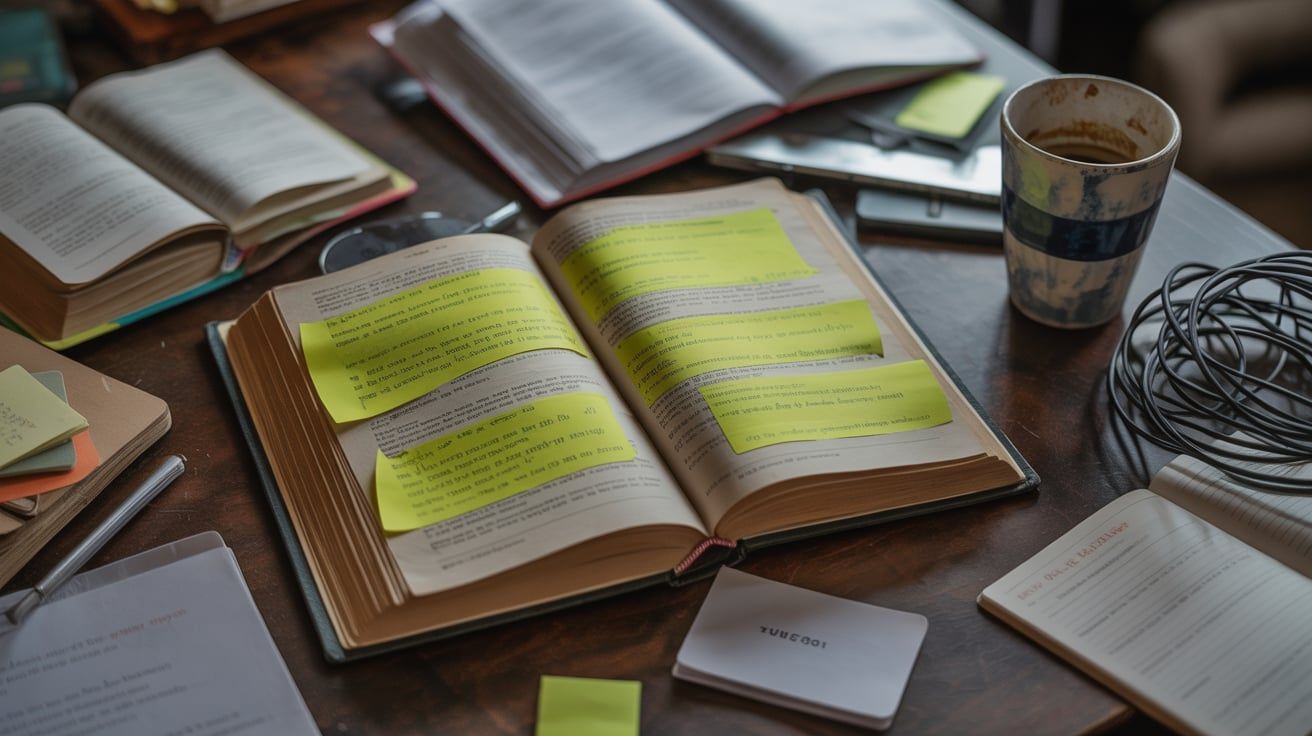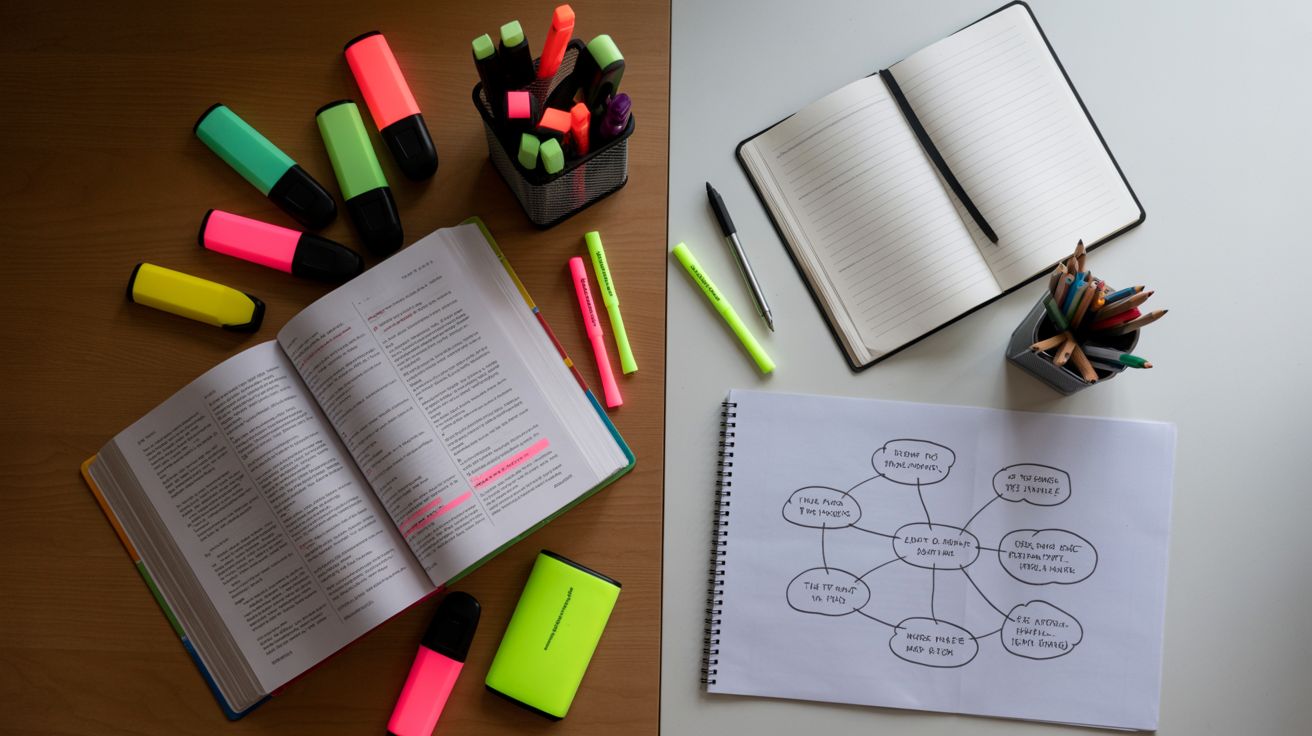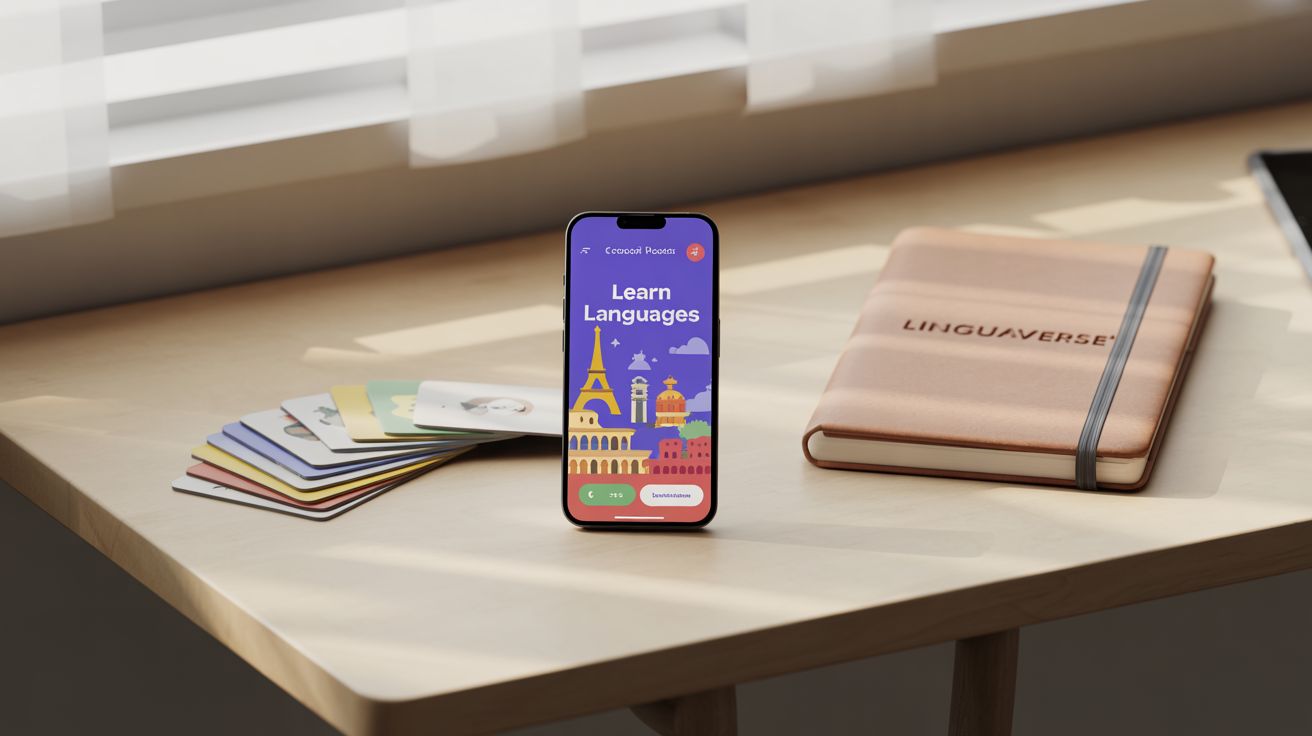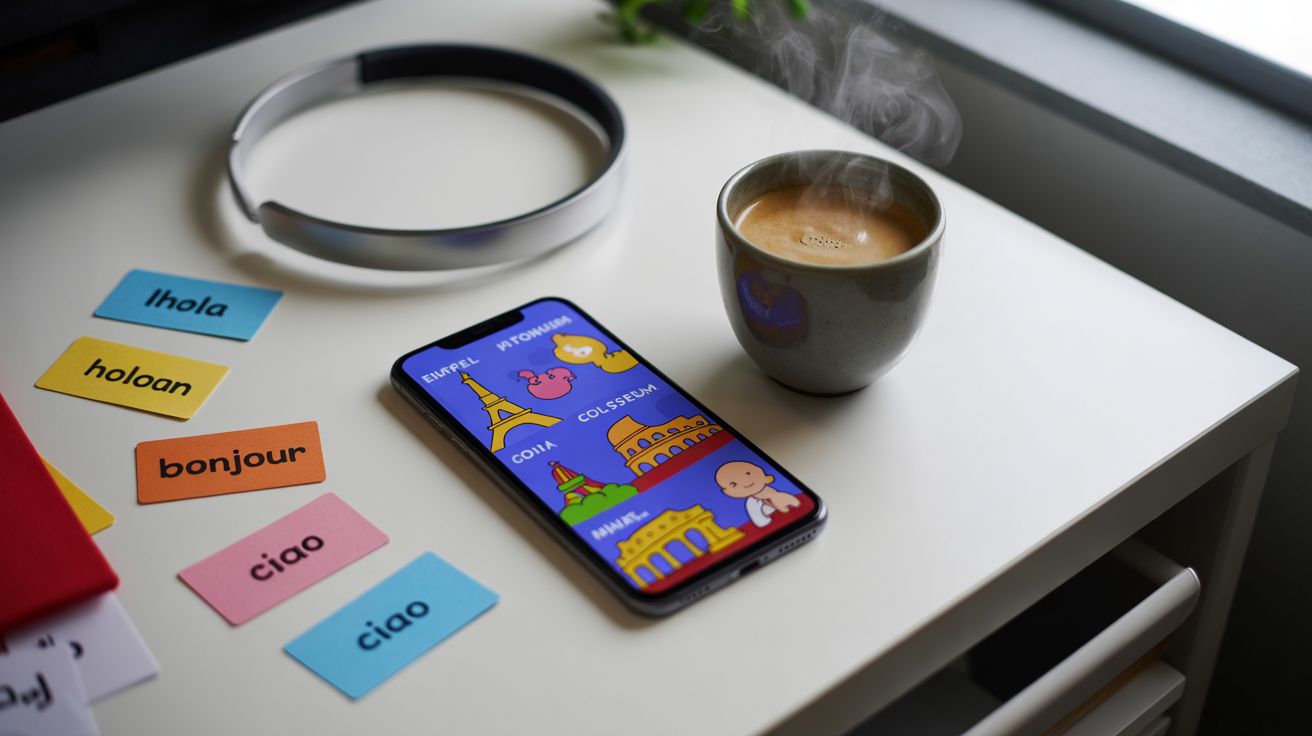
The Highlighting Hoax: A False Sense of Security
Picture this: You’re sitting at your desk, textbook open, highlighter in hand. You diligently mark key phrases, important dates, and crucial concepts, feeling a sense of accomplishment wash over you. You’re studying, right? Wrong. While highlighting might feel productive, research consistently shows it’s one of the least effective study techniques. It lulls you into a false sense of security, making you think you’re actively engaging with the material when, in reality, you’re just passively reading and marking.
The problem with highlighting is that it doesn’t force you to truly process the information. It’s a superficial activity that focuses on identifying rather than understanding. You’re essentially just creating a visually appealing version of your textbook, but you’re not actually internalizing the concepts. This can lead to a rude awakening when you sit down for the exam and realize you can’t recall or apply the highlighted information.
The Illusion of Competence: Why Highlighting Fails
One of the biggest dangers of highlighting is the “illusion of competence.” Because you’ve visually identified what seems important, you trick yourself into believing you understand it. This can prevent you from engaging in more active and effective study strategies. You might skip over practice problems, avoid deeper analysis, or fail to connect the material to other concepts, all because you think you already “know” it based on your highlighting efforts.
Think of it like this: highlighting is like putting a label on a jar without actually filling it. You might know what’s *supposed* to be in the jar, but you haven’t actually put anything inside. To truly learn, you need to actively fill that jar with knowledge and understanding, not just slap a label on the outside.
Active Recall: The Cornerstone of Effective Learning
So, if highlighting is so ineffective, what should you do instead? The answer lies in active recall. Active recall is a study technique that involves actively retrieving information from your memory, rather than passively rereading or highlighting. This forces your brain to work harder, strengthening the neural pathways associated with the information and making it more likely you’ll remember it later.
A simple way to practice active recall is to read a section of your textbook and then close the book and try to summarize the key concepts in your own words. You can also use flashcards, practice questions, or even just quiz yourself mentally. The key is to actively try to retrieve the information from your memory, rather than passively rereading it.
Spaced Repetition: The Power of Timing
Another powerful study technique is spaced repetition. This involves reviewing material at increasing intervals over time. The idea is that by spacing out your review sessions, you force your brain to work harder to retrieve the information, which strengthens your memory and makes it more likely you’ll remember it long-term. This is especially useful for vocabulary learning or memorizing facts.
For example, instead of cramming for an exam the night before, try reviewing the material for a few minutes each day for several weeks leading up to the exam. You can use flashcards, practice questions, or even just reread your notes. The key is to space out your review sessions so that you’re not just passively rereading the material, but actively retrieving it from your memory.
Elaboration: Connecting the Dots for Deeper Understanding
Elaboration is a study technique that involves connecting new information to what you already know. This helps you to understand the material more deeply and makes it more likely you’ll remember it later. When you elaborate, you’re not just memorizing facts; you’re building a network of connections in your brain that makes the information more meaningful and memorable.
One way to elaborate is to ask yourself questions about the material. How does this relate to what I already know? What are the implications of this information? How can I apply this to real-world situations? By asking yourself these kinds of questions, you’re forcing yourself to think critically about the material and connect it to your existing knowledge.
Interleaving: Mixing It Up for Better Retention
Interleaving is a study technique that involves mixing up different subjects or topics during your study sessions. This might seem counterintuitive, but research shows that it can actually improve your learning and retention. When you interleave, you’re forcing your brain to constantly switch between different concepts, which strengthens your ability to discriminate between them and apply them in different contexts.
For example, instead of studying one subject for several hours and then switching to another, try studying a little bit of each subject each day. You can also mix up different types of practice problems or questions. The key is to keep your brain guessing and prevent it from getting too comfortable with any one topic.
Practice Testing: The Ultimate Learning Tool
Practice testing is arguably the most effective study technique of all. It involves testing yourself on the material you’re trying to learn. This can be done through flashcards, practice questions, or even just by quizzing yourself mentally. Practice testing not only helps you to identify gaps in your knowledge, but it also strengthens your memory and improves your ability to apply the information in different contexts. Many online courses offer practice tests as part of their learning modules.
The key to effective practice testing is to make it challenging. Don’t just test yourself on the easy stuff; focus on the areas where you’re struggling. And don’t just passively read the answers; actively try to figure out why you got the question wrong and what you need to do to improve. Consider joining study groups or online forums to access more practice questions and get feedback from others.
Beyond the Textbook: Lifelong Learning and Development
Ultimately, effective studying is about more than just getting good grades. It’s about developing a lifelong love of learning and a commitment to personal and professional development. The skills you learn while studying – critical thinking, problem-solving, and effective communication – will serve you well throughout your life, regardless of your chosen career path. Investing in your education, whether through formal courses or self-directed learning, is an investment in your future.
So, ditch the highlighter and embrace these evidence-based study techniques. Start actively recalling information, spacing out your review sessions, elaborating on concepts, interleaving different subjects, and practice testing yourself regularly. By doing so, you’ll not only improve your grades, but you’ll also develop a deeper understanding of the material and a lifelong love of learning. Are you ready to transform your study habits and unlock your full potential? Start today!



